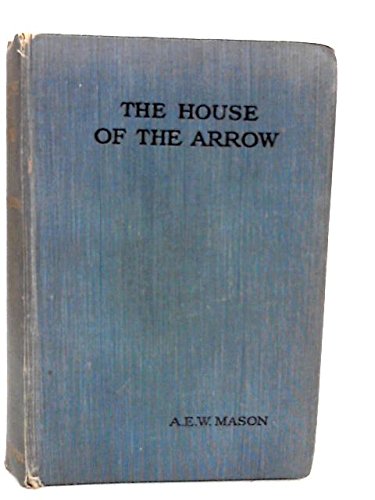THE PERFECT CRIME is what every criminal aspires to, but somehow they can't quite pull it off. There's always something that gets in the way—a little overlooked thing like . . .
"The Note on the Dead Man."
By Ray Cummings (1887-1957).
First appearance: Detective Fiction Weekly, March 9, 1935.
Short story.
Online at Fadedpage (HERE; 10 pages) and The Luminist Archives (HERE; original text [which might need resizing]: 8 pages; it will be necessary to download the entire issue).
(Parental caution: Graphic violence.)
"Others in That Crowded Hotel Room Gazed at a Sprawled Corpse, but Tolly Saw Three Blunders Avoided and a Perfect Crime Achieved"
Captain Ahab realized in his last moments how costly revenge can be, unlike a crook bent on vengeance who will have plenty of time to think about it . . . .
Main characters:
~ Tolly Martin:
"Thought you might have forgotten me. But you remember it all, don’t you?"
~ The bellboy:
"Would you mind signing the delivery receipt?"
~ Allen Blake:
"He had seen the sun set this evening for the last time."
~ Captain Tucker:
"No one ever signs his name quite the same on two occasions."
References and resources:
- "the beautiful islands of Bermuda": Found by a Spaniard in 1505 and swarming with Englishmen since 1612:
"Though typically referred to in the singular, Bermuda has 181 islands, the largest of these being Main Island. Bermuda's capital city is Hamilton" (Wikipedia HERE).
- "the table electrolier": It's hard to see without it:
". . . a lone light fixture that hangs from the ceiling usually suspended by a cord, chain, or metal rod" (Wikipedia HERE).
- Some say that a perfect crime will never come to light:
"As used by some criminologists and others who study criminal investigations (including mystery writers), a perfect crime goes unsolved not because of incompetence in the investigation, but because of the cleverness and skill of the criminal. In other words, the defining factor is the primary causative influence of the criminal's ability to avoid investigation and reprisal, and not so much the ability of the investigating authority to perform its duties" (Wikipedia HERE).
- Another Ray Cummings story, this time involving crime and pencils, would be "Poor Economy" (HERE).
~~~~~~~~~~~~~~~~~~~~~~~~~~~~~~~~~~~~~~~~~~~~~~~~~~~~~~~~~~~~~~~~~~~~~~~~~~~










































